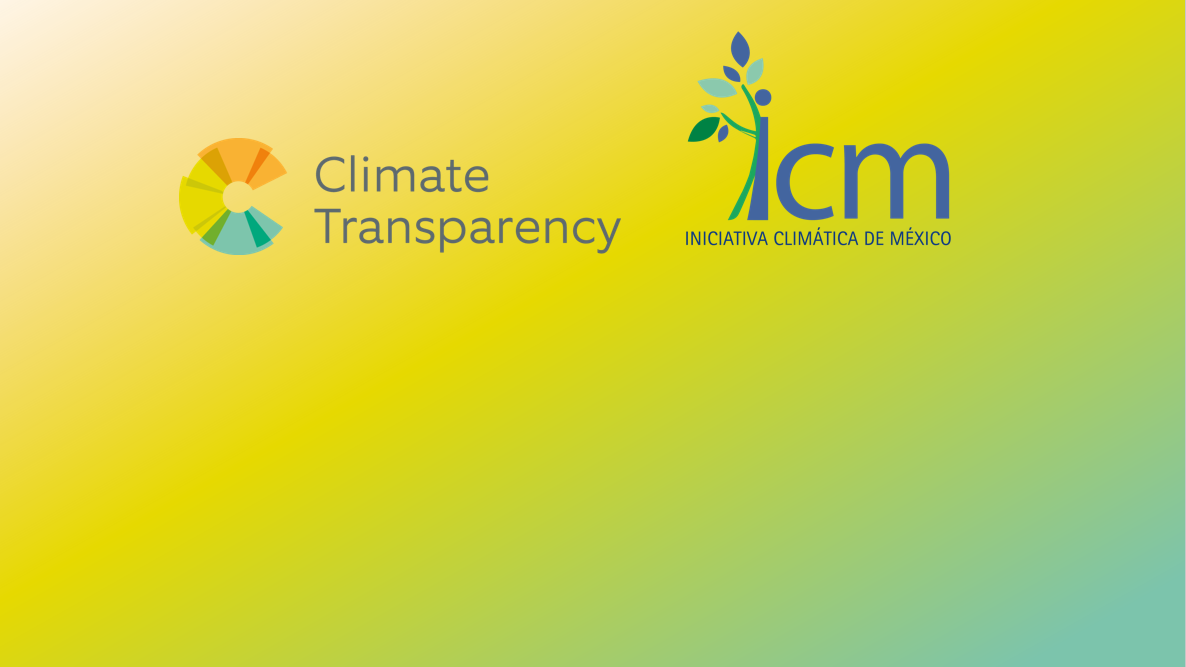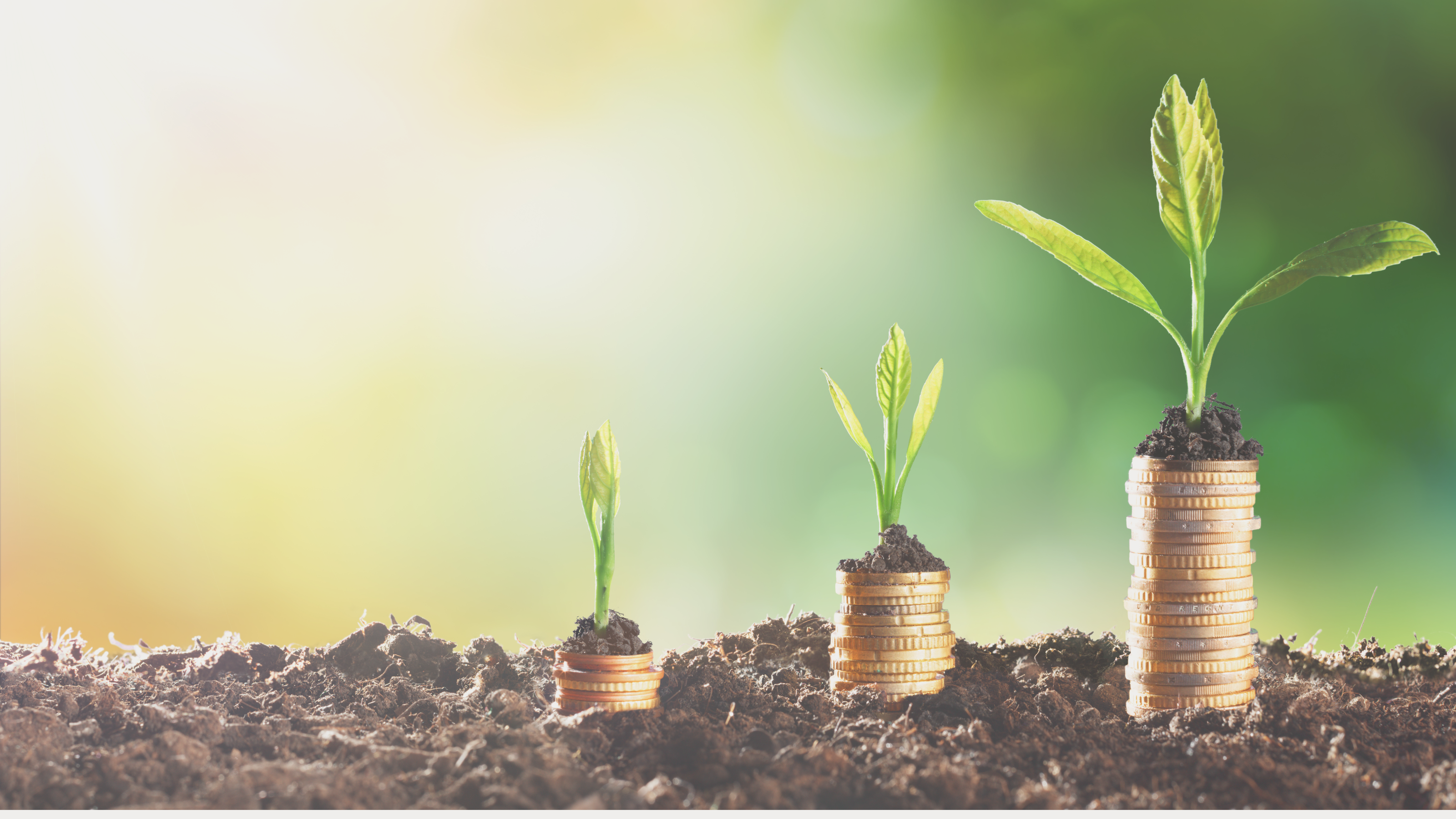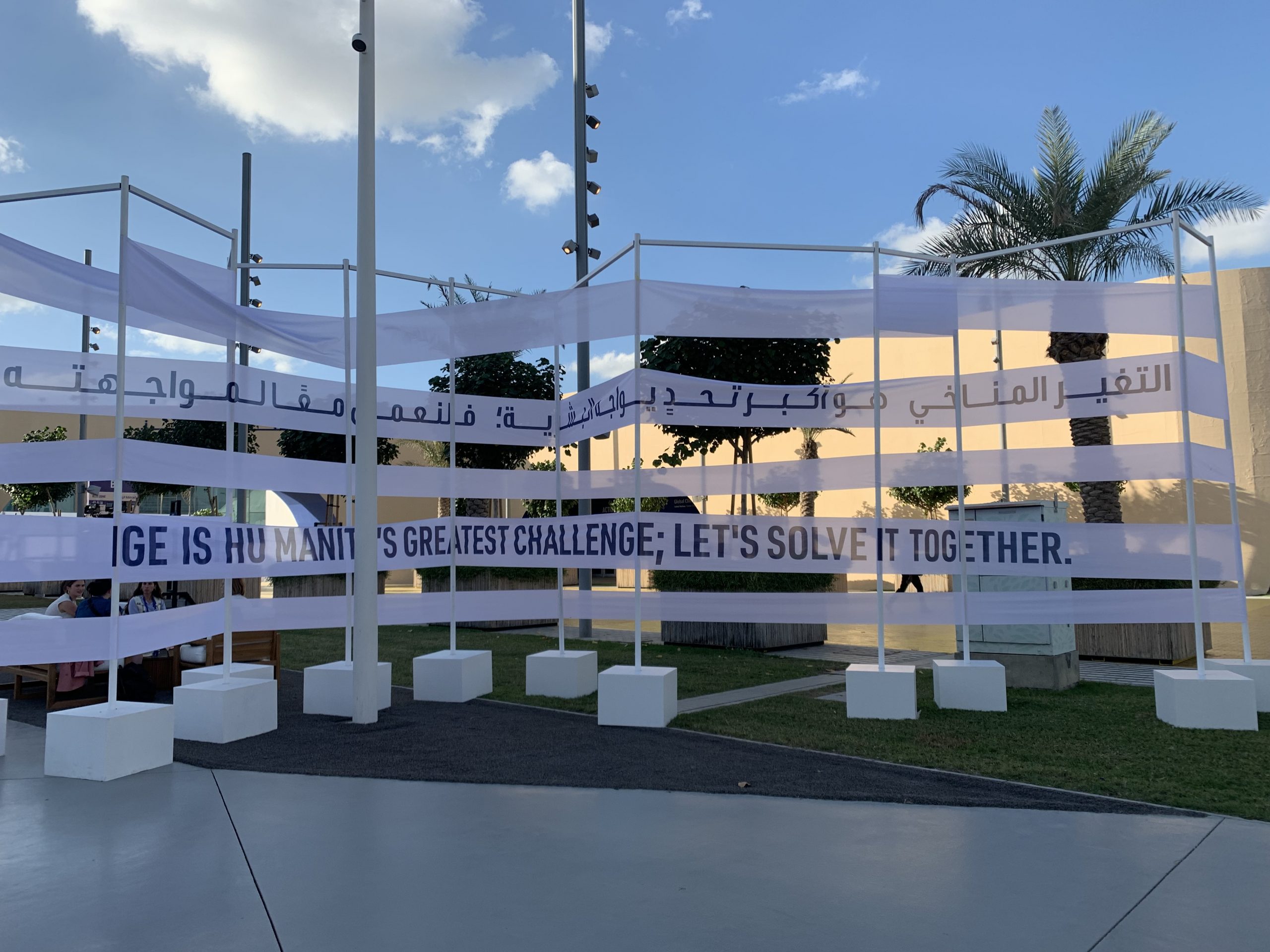On 11 November 2021, during COP26 in Glasgow, Solutions for Our Climate (SFOC) together with Climate Transparency, organised a side event at the Korean Pavilion, entitled “Comparing G20 Climate Mitigation, Adaptation and Finance – Korea Focus”
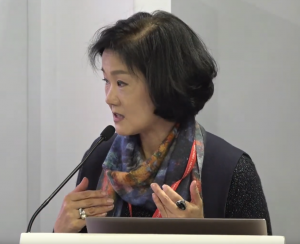 In the opening speech, Hyo-eun Kim, Ambassador and Deputy Minister for Climate Change of the Ministry of Foreign Affairs of the Republic of Korea, congratulated SFOC, Climate Transparency’s partner in South Korea, for their excellent work in rising awareness of climate change and emphasised their significant role in Koreas legal commitment to reach climate neutrality by 2050.
In the opening speech, Hyo-eun Kim, Ambassador and Deputy Minister for Climate Change of the Ministry of Foreign Affairs of the Republic of Korea, congratulated SFOC, Climate Transparency’s partner in South Korea, for their excellent work in rising awareness of climate change and emphasised their significant role in Koreas legal commitment to reach climate neutrality by 2050.
 In addition to stopping new permits for domestic coal power plants and the suspension of coal public finance, the Korean government joined the global methane pledge to reduce methane emissions by 50% by the end of 2030. With its Korean New Green Deal Fund, South Korea aims at supporting developing countries to transit to a low-carbon green economy and establish their own New Green Deal. “In all those activities I strongly believe that the role of G20 is crucial in making progress in global climate action”, concluded Hyo-eun Kim.
In addition to stopping new permits for domestic coal power plants and the suspension of coal public finance, the Korean government joined the global methane pledge to reduce methane emissions by 50% by the end of 2030. With its Korean New Green Deal Fund, South Korea aims at supporting developing countries to transit to a low-carbon green economy and establish their own New Green Deal. “In all those activities I strongly believe that the role of G20 is crucial in making progress in global climate action”, concluded Hyo-eun Kim.
Joojin Kim, Managing Director at SFOC, continued with introducing Climate Transparency 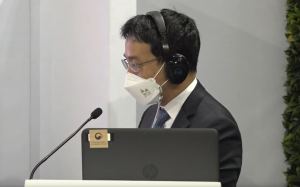 and presented key graphs from the recently launched Climate Transparency Report 2021. In particular, he highlighted that all NDC announcements assessed by April 2021 leave a significant emissions gap and that despite the decline of energy-related CO2 emissions by 6% in 2020, they are projected to rebound by 4% across the G20 in 2021. The conclusion he draws is that G20 countries are back to business as usual. Referring to the Climate Transparency Report, Joojin Kim explained that Japan, China and South Korea, which are among the biggest G20 fossil fuel financers, have pledged to end overseas coal finance, but extensive oil and gas financing remains to be a challenge.
and presented key graphs from the recently launched Climate Transparency Report 2021. In particular, he highlighted that all NDC announcements assessed by April 2021 leave a significant emissions gap and that despite the decline of energy-related CO2 emissions by 6% in 2020, they are projected to rebound by 4% across the G20 in 2021. The conclusion he draws is that G20 countries are back to business as usual. Referring to the Climate Transparency Report, Joojin Kim explained that Japan, China and South Korea, which are among the biggest G20 fossil fuel financers, have pledged to end overseas coal finance, but extensive oil and gas financing remains to be a challenge.
 During the discussion, Jorge Villareal, Founder and Director of Climate Policy at Initiativa Climática de México (ICM), referred to good cooperation between South Korea and Mexico. He also expressed his hopes that Mexico will follow Korea’s good examples instead of continuing the current political agenda of stepping back from climate commitments. Quoting the Mexico’s Country Profile, Jorge Villareal pointed out three key opportunities for the country: 1) Coal phase out, 2) The great potential of renewable energy in Mexico, and 3) The maintenance of natural sinks.
During the discussion, Jorge Villareal, Founder and Director of Climate Policy at Initiativa Climática de México (ICM), referred to good cooperation between South Korea and Mexico. He also expressed his hopes that Mexico will follow Korea’s good examples instead of continuing the current political agenda of stepping back from climate commitments. Quoting the Mexico’s Country Profile, Jorge Villareal pointed out three key opportunities for the country: 1) Coal phase out, 2) The great potential of renewable energy in Mexico, and 3) The maintenance of natural sinks.
 David Waskow, Director of International Climate Initiative at World Resource Institute (WRI), pointed out that criticised net-zero announcements provided an excellent opportunity, which has been so far missed as concrete short-term actions, which would bring countries on track for a 1.5°C compatible world, are still lacking. “Our problem is that 2030 targets are not aligned”, he said. Furthermore, he identified three particular interests of the USA: 1) International coal finance, as the US announced to phase out finance for all fossil fuels including oil and gas, 2) Coal consumption at home, and 3) Methane reduction as the US signed, together with South Korea, the global methane pledge.
David Waskow, Director of International Climate Initiative at World Resource Institute (WRI), pointed out that criticised net-zero announcements provided an excellent opportunity, which has been so far missed as concrete short-term actions, which would bring countries on track for a 1.5°C compatible world, are still lacking. “Our problem is that 2030 targets are not aligned”, he said. Furthermore, he identified three particular interests of the USA: 1) International coal finance, as the US announced to phase out finance for all fossil fuels including oil and gas, 2) Coal consumption at home, and 3) Methane reduction as the US signed, together with South Korea, the global methane pledge.
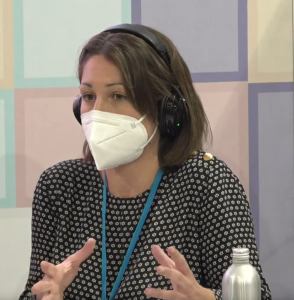 Angela Picciariello, Senior Research Officer at ODI, gave an overview of findings of the finance chapter of the report. She summarized that fossil fuel subsidies remain high in G20 countries, amounting US$ 150bn in 2019 (without Saudi Arabia). The positive news is that the recovery spending gets greener and moving from rescue measures to structured greening of investments. Joojin Kim added that South Korea alone spends US$ 13bn a year for fossil fuel projects overseas and provides huge subsidies to the domestic ship industry which accounts for 2% of the Korean economy.
Angela Picciariello, Senior Research Officer at ODI, gave an overview of findings of the finance chapter of the report. She summarized that fossil fuel subsidies remain high in G20 countries, amounting US$ 150bn in 2019 (without Saudi Arabia). The positive news is that the recovery spending gets greener and moving from rescue measures to structured greening of investments. Joojin Kim added that South Korea alone spends US$ 13bn a year for fossil fuel projects overseas and provides huge subsidies to the domestic ship industry which accounts for 2% of the Korean economy.
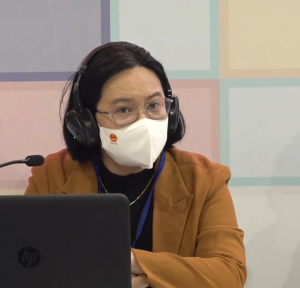 Khana Nguy Thi, Executive Director at Green Innovation and Development Centre in Vietnam, explained that the Vietnamese government is currently revising its power plan and that China’s exit from overseas coal finance following Korea and Japan has endangered 16,000 MW of coal power in Vietnam’s pipeline. Furthermore, she described that the plan to replace coal by gas power brings problems of needed infrastructure investments.
Khana Nguy Thi, Executive Director at Green Innovation and Development Centre in Vietnam, explained that the Vietnamese government is currently revising its power plan and that China’s exit from overseas coal finance following Korea and Japan has endangered 16,000 MW of coal power in Vietnam’s pipeline. Furthermore, she described that the plan to replace coal by gas power brings problems of needed infrastructure investments.
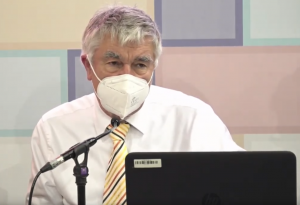 Gerd Leipold, Programme Director at Climate Transparency, provided closing remarks: “Despite the dip the world experienced through COVID-19 pandemics, emissions are going up again. Countries have good plans and good intentions but implementing them and making them stronger is still very much what is needed.” He highlighted the trend that financing coal is no longer seen as a stable investment into the future and that there is a global awareness and interest in climate change, which has never been there before.
Gerd Leipold, Programme Director at Climate Transparency, provided closing remarks: “Despite the dip the world experienced through COVID-19 pandemics, emissions are going up again. Countries have good plans and good intentions but implementing them and making them stronger is still very much what is needed.” He highlighted the trend that financing coal is no longer seen as a stable investment into the future and that there is a global awareness and interest in climate change, which has never been there before.



